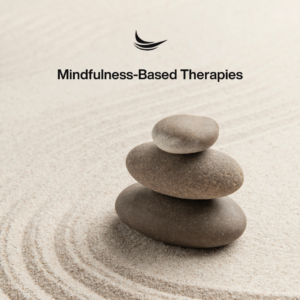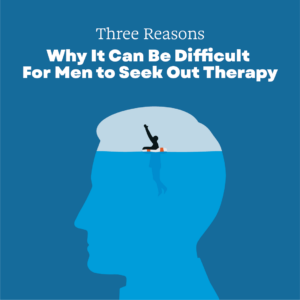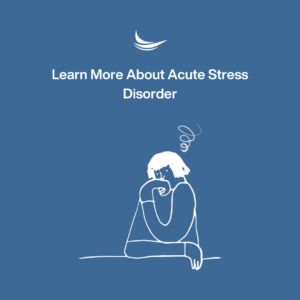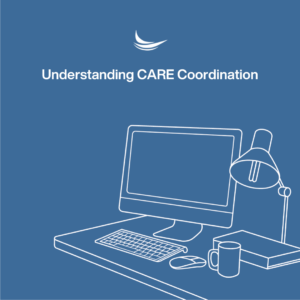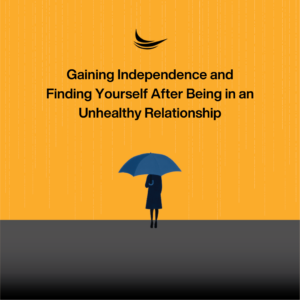Is Going to Therapy Normal?
 People are more willing to discuss their experiences with mental health challenges, and as a result, seeking therapy has gained greater acceptance. However, there’s still a lingering question for many: Is going to therapy normal? In this blog, we will explore the evolving landscape of mental health care, the normalcy of seeking therapy, and why it’s a positive step toward emotional well-being.
People are more willing to discuss their experiences with mental health challenges, and as a result, seeking therapy has gained greater acceptance. However, there’s still a lingering question for many: Is going to therapy normal? In this blog, we will explore the evolving landscape of mental health care, the normalcy of seeking therapy, and why it’s a positive step toward emotional well-being.
The Changing Face of Mental Health
To understand whether going to therapy is normal, we must first acknowledge the changing attitudes toward mental health in our society. Historically, there has been a stigma surrounding mental health issues that discouraged people from seeking help. However, over the past few decades, this narrative has evolved significantly. Several factors have contributed to this shift:
- Increased Awareness:
With the advent of the internet and social media, information about mental health has become widely accessible. People are more informed about the importance of mental well-being.
- Celebrities and Public Figures:
Many celebrities and public figures have shared their own mental health journeys, reducing stigma and encouraging open conversations.
- Mental Health Advocacy:
Organizations and advocates worldwide have worked tirelessly to raise awareness and reduce the stigma surrounding mental health conditions.
- Recognizing the Prevalence:
As more individuals share their stories, it has become evident that mental health issues are common and affect people from all walks of life.
Seeking Therapy: A Positive Choice
Given these changes, seeking therapy is not only normal but also a positive choice. Here are some reasons why:
- A Common Experience:
Millions of people worldwide seek therapy every year. It’s an experience shared by individuals of all backgrounds, ages, and walks of life. This collective effort to prioritize mental health demonstrates its normalcy.
- Proactive Self-Care:
Just as we visit doctors for physical check-ups, therapy serves as a form of proactive self-care for our mental and emotional well-being. It’s a valuable resource to help us navigate life’s challenges and maintain good mental health.
- Building Resilience:
Therapy equips individuals with coping strategies, emotional resilience, and self-awareness. These tools not only help manage existing challenges but also prepare individuals to face future difficulties more effectively.
- Reducing Stigma:
By actively choosing therapy, individuals contribute to reducing the stigma surrounding mental health. When we normalize seeking help, we create a more supportive environment for everyone.
- Improving Relationships:
Therapy often involves improving communication and emotional intelligence, which can have a positive impact on personal and professional relationships. Healthier relationships, in turn, contribute to a more harmonious society.
Signs That Therapy May Be Beneficial
While going to therapy is normal and encouraged, it’s important to recognize when it may be beneficial for you. Here are some signs that therapy might be a positive step:
- Persistent Emotional Distress:
If you consistently struggle with overwhelming emotions, such as anxiety, depression, anger, or fear, therapy can help you manage and address these challenges.
- Life Transitions:
Major life changes, such as marriage, divorce, loss of a loved one, or a career shift, can be emotionally taxing. Therapy can provide support and guidance during these transitions.
- Relationship Difficulties:
If you experience persistent conflicts or communication issues in your relationships, therapy can help you identify and address these challenges constructively.
- Trauma or Past Wounds:
Unresolved trauma or past emotional wounds can affect your current well-being. Therapy provides a safe space for healing and growth.
- Seeking Personal Growth:
Even when not in crisis, therapy can serve as a valuable resource for personal growth, self-discovery, and enhancing your emotional intelligence.
In conclusion, going to therapy is not only normal but also a commendable choice for prioritizing your mental and emotional well-being. Remember that therapy is a personal journey, and it’s entirely normal to seek support when needed.





